Upcoming gillnet ban has Mackay fishing community in an uproar
Queensland fishers say they are seriously concerned the black market will flourish once the gillnet ban comes into force. But some see the ban in a more positive light.
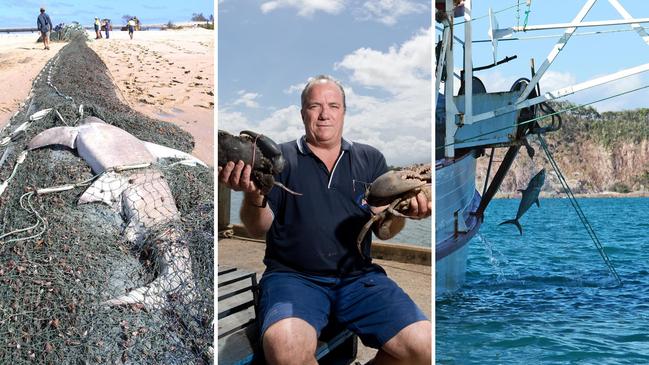
Mackay
Don't miss out on the headlines from Mackay. Followed categories will be added to My News.
Queensland fishers say they are seriously concerned a black market will flourish once the gillnetting ban comes into force in the coming months.
It builds on fears businesses will fold as the state government remains committed to newly introduced environmental protection laws that will ban gillnets across the Great Barrier Reef Marine Park by 2027.
Mackay Fish Market owner David Caracciolo said the “unAustralian” move was devastating for families and would leave consumers “starving” for fresh local fish.
A former Mackay gillnet fisher and mudcrabber, who asked to remain anonymous out of fear of professional backlash, said he was seriously concerned the ban would only embolden the black market.
“I want to see sustainability, but … it just opens up the black market (for) people (who) have to put money on the table,” he said.
‘Fishers can’t all of a sudden be a checkout chick’
Federal Environment Minister Tanya Plibersek has said gillnets must go to protect threatened marine species like dugongs, turtles, and dolphins while boosting fish populations.
The government, as part of a $160 million package, will buy out gillnet licences to compensate commercial fishers over the next four years.
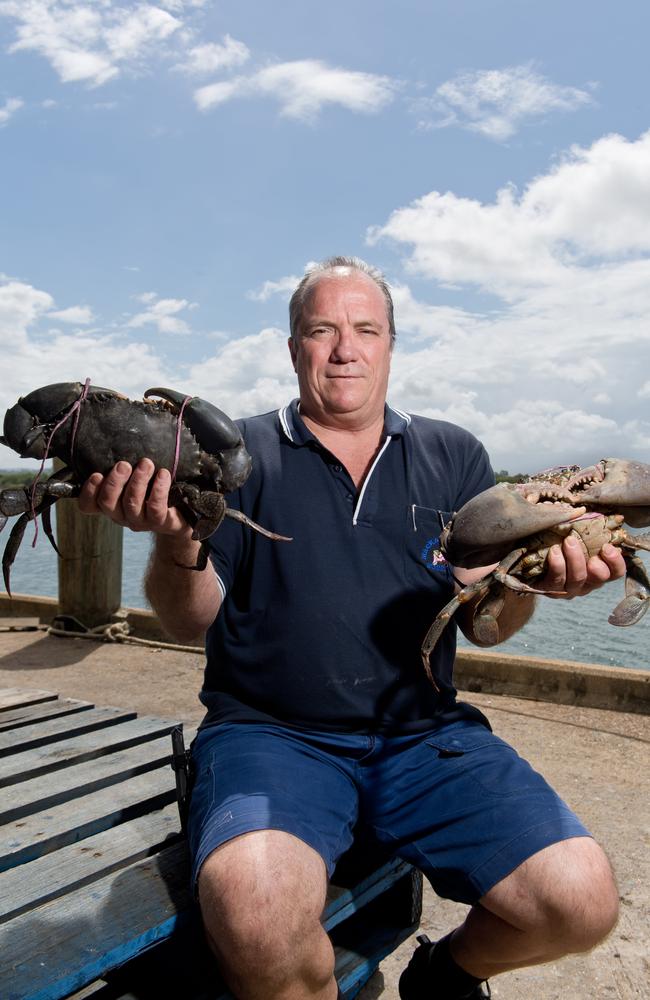
But Mr Caracciolo, who is also a director of the Queensland Seafood Industry Association, said fishers felt left in the dark about the reform and alleged the Labor party was vying for green political points.
“I’m totally gutted,” he said.
“(The fishers have) been getting hammered now over 20 years … (local prawn trawlers) all exited the industry (and) there’s only a handful of mud crabbers (left).
“They’re fishermen … they’re used to being out on the open water.
“They can’t just all of a sudden pack up and go be a mechanic or a dentist or a checkout chick.
“(And) consumers needs to know there’ll be no estuary fish that they’ve grown up with.”
Nine in 10 fish and chip shops rely on seafood imports
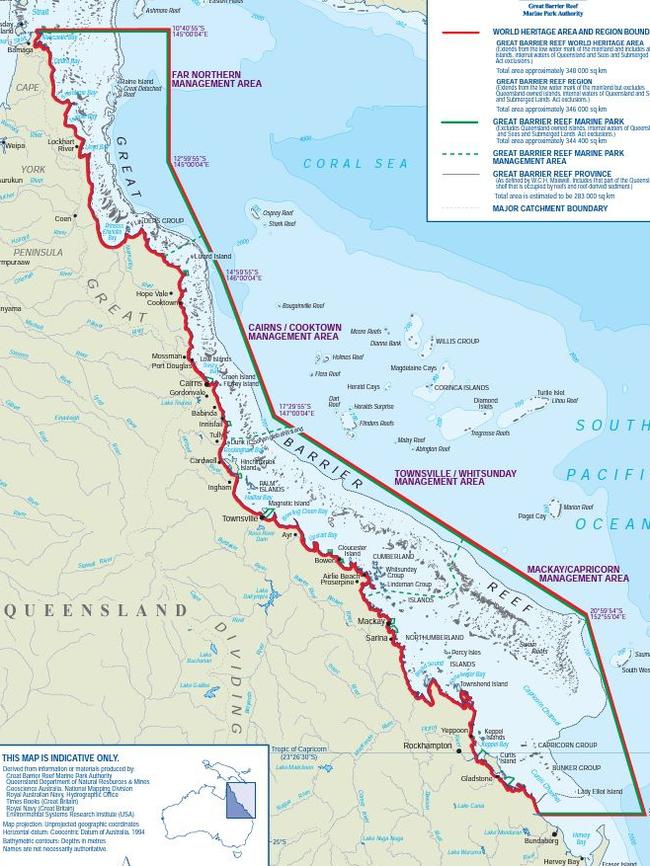
Former fish and chip shop owner Mark Stanger said he was not concerned about the ban’s impact on consumer supply and demand as he alleged 90 per cent of the Mackay region’s shops already imported seafood.
“(But) I definitely feel sorry for the professional fishing sector … I couldn’t imagine what it would be like for the government to come along and say that I’ve got to shut my job down,” Mr Stanger said.
But as an angler himself, he saw the gillnet ban in a more positive light having witnessed panicked dugongs drowned in gillnets.
Could bans be a boost for tourism and recreation?
Mr Stanger added the ban could boost fish stocks and quality as Rockhampton had witnessed with its Fitzroy River Barra Bash drawing anglers from across the country after net bans in 2015.
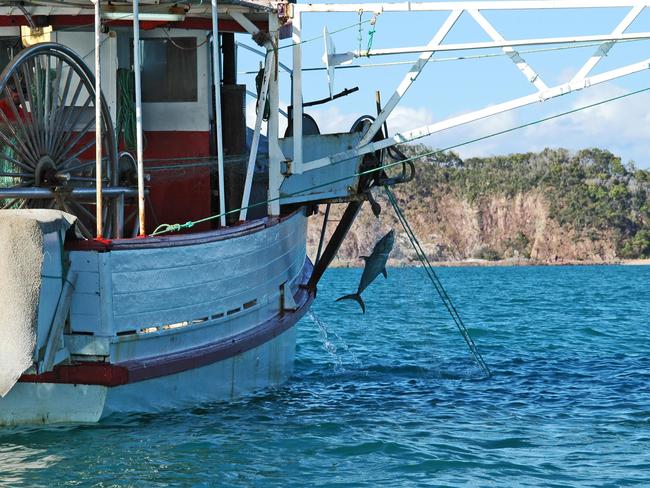
“The tourism dollar has just exploded in the Rocky region,” he said.
“Fishing and tourism is going to benefit phenomenally, as is your local tackle and bait stores.”
As the community decides, industry bodies are upping their resistance to the ban with QSIA members rallying outside of Brisbane’s Parliament House on Tuesday.
Mr Carraciolo, a former gillnet fisher, said he could not see how gill nets in Mackay’s coastal waters could possibly harm the Great Barrier Reef 110km away.
He also questioned the hypocrisy of the ban considering the state government had dozens of shark nets along the coast, claiming it hid data on endangered and threatened marine life that died in the nets.
Are gillnets or shark nets worse?
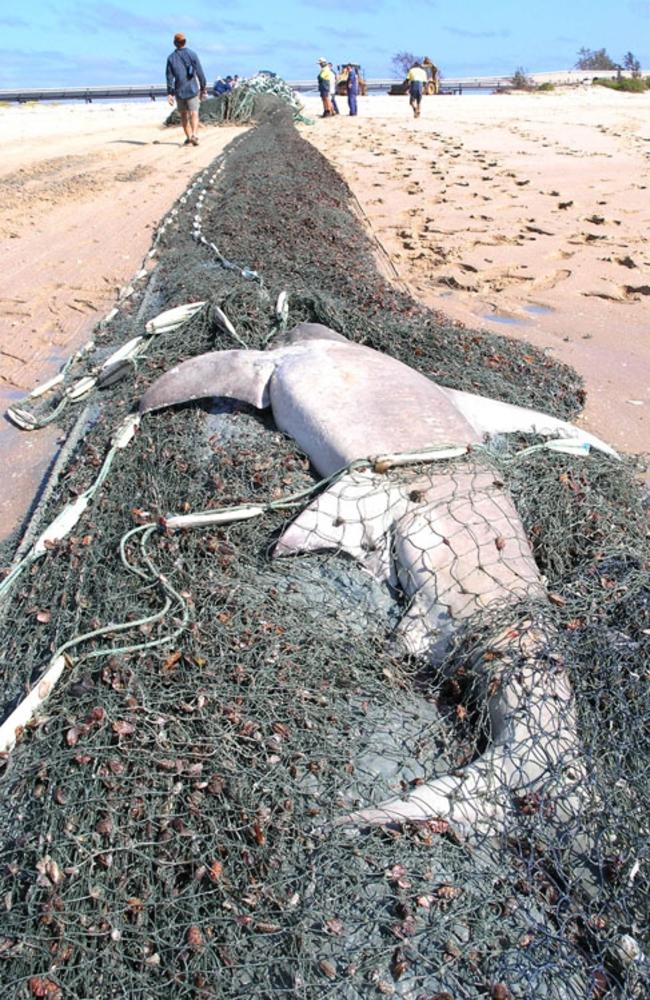
But a Queensland Fisheries spokesman said shark net data was freely available on its website, and that there was “little if any similarity” between shark and gill nets.
The spokesman also said state and federal government had consulted with industry stakeholders “over many years, starting in 2004” before implementing the gillnet ban and that an independent Future Fishing Taskforce would guide the transition.
“The Department of Agriculture and Fisheries (DAF) has been in contact with industry representatives, commercial net fishers, processors, and retailers to provide them the most up-to-date information,” he said.
“Commercial gillnet fishing is highly efficient and effective at catching target fish species, however, it is also effective at entangling other marine animals such as dugongs, turtles, dolphins and other protected species.
“The phasing out of gillnet fishing by the federal and Queensland governments is supported by UNESCO as an important step in preserving the Great Barrier Reef.”




